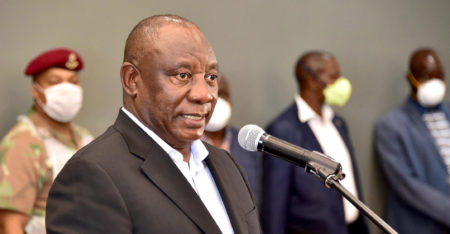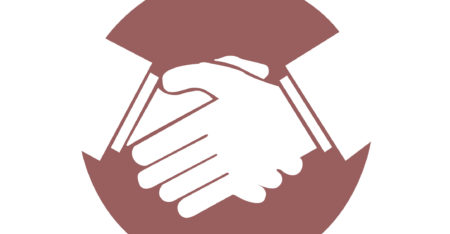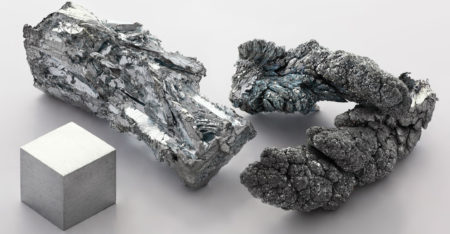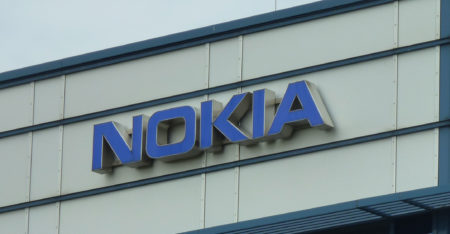The public debate on strategies to tackle Covid-19 often unhelpfully positions health and economic considerations in a diametric fashion – as trade-offs. The two need to be parts of a coherent whole.
Browsing: In-depth
The tech bubble is popping, but not in the way anyone expected. After years of fretting that free-spending start-ups with unrealistic valuations would bring down the start-up economy on its own, a global pandemic is doing it in instead.
Faced with the biggest challenge of any post-apartheid South African leader, President Cyril Ramaphosa has also been given a rare opportunity to push through the painful reforms the economy needs.
The coronavirus pandemic is a crisis of such magnitude that, aided by technology, it threatens to change the world in which we live, with ramifications for how leaders govern.
Most people by now have heard of severe acute respiratory syndrome coronavirus-2, or Covid-19. But some may not be aware that Sars-CoV-2 belongs to a family of viruses. And the family is, we fear, expanding.
In the absence of evidence that has withstood public scrutiny, President Cyril Ramaphosa may have gone too far by imposing a three-week national lockdown. By Seán Mfundza Muller.
The coronavirus outbreak is causing people to rethink the handshake and seek other gestures that perform similar functions without touch.
When Google published revenue from its cloud business for the first time last month, a feeling of bitter vindication swept through IBM.
A metal best known for galvanising steel is making the jump into a developing $30-billion energy-storage market for electrical grids that’s increasingly seen as key to unleashing solar and wind power upon the world.
Missteps helped drive shares of Nokia in its current form close to their all-time lows as a multiple of expected earnings. Its new CEO, Pekka Lundmark, is tasked with the difficult job of returning it to prosperity.











